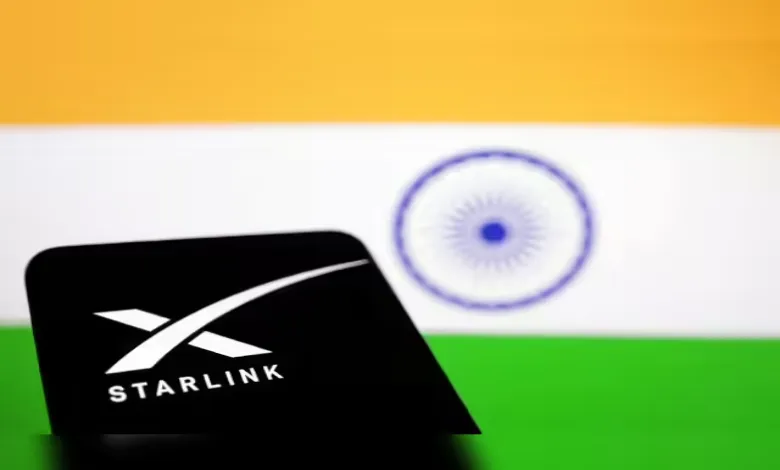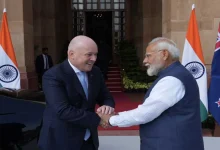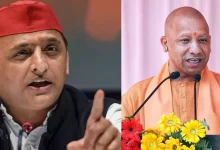Starlink Gains Final Approval to Deliver Satellite Internet Across India

Elon Musk’s Starlink has overcome its final regulatory barrier to provide satellite internet services in India, marking a significant step toward expanding connectivity in the country.
The Indian National Space Promotion and Authorization Centre (IN-SPACe) has granted Starlink approval to operate its Gen 1 satellite constellation over India, according to the regulator’s website. The authorization, valid until July 7, 2030, covers Starlink’s network of over 4,000 first-generation satellites out of a global fleet of approximately 6,750, as reported by NewSpace Index. “Starlink earned this approval after completing all required processes and checks,” an official told Mint on condition of anonymity.
IN-SPACe also authorized Luxembourg-based SES, a joint venture partner of Jio Platforms, to operate 24 satellites over India, per the regulator’s website. IN-SPACe, part of India’s space department, regulates private sector space activities in the country.
With this clearance, Starlink joins Eutelsat OneWeb and the Jio-SES partnership in securing all necessary approvals to offer satellite internet in India. Amazon’s Kuiper, meanwhile, is still awaiting government approval to enter the market.
The approval coincides with India’s efforts to finalize a bilateral trade agreement with the United States to avoid a potential 26% reciprocal tariff. Notably, Musk recently announced his departure from U.S. President Donald Trump’s administration on May 29, stepping down as head of the Department of Government Efficiency (DOGE).
Commercial Launch Awaits Infrastructure and Spectrum Allocation
Starlink’s commercial rollout is not imminent, as the company must still establish earth station gateways—ground facilities that link satellites to local networks. Additionally, the government has yet to allocate spectrum for satellite internet providers.
The Telecom Regulatory Authority of India (Trai) has proposed administratively allocating spectrum for satellite services, rather than through auctions. Trai suggested that satcom companies pay annual spectrum charges of either 4% of their adjusted gross revenue (AGR) or ₹3,500 per MHz, whichever is higher. These recommendations are under review by the Department of Telecommunications (DoT), which is expected to finalize spectrum terms and pricing soon.
Satcom operators will also face an 8% annual license fee on AGR, mirroring the fee structure for telecom providers, which includes a 5% license fee and a 3% contribution to the Universal Service Obligation Fund (USOF). Trai further recommended a ₹500 annual charge per subscriber for satellite services in urban areas.
A Long Journey to Approval
Starlink’s latest milestone follows its receipt of a Global Mobile Personal Communications by Satellite (GMPCS) license from the DoT on June 6, a critical step after a three-year wait. The 20-year GMPCS license enables Starlink to provide voice and data services via satellite in authorized areas.
Starlink applied for the GMPCS license in 2022 but faced a setback when it began accepting bookings from Indian customers in 2021 without a license. Following a DoT directive, the company refunded deposits to over 5,000 pre-booked customers. Starlink has also secured internet service provider (ISP) and very small aperture terminal (VSAT) licenses.
Mint first reported on May 7 that Starlink received a letter of intent after agreeing to meet national security-related licensing conditions. “The company will now receive trial spectrum to test its services and demonstrate compliance with security requirements,” a second government official said.
The government has also provided provisional spectrum to OneWeb and Jio to ensure adherence to security protocols, including lawful interception, network monitoring, geofencing, and data localization. Compliance with these conditions is mandatory before satellite internet services can commence commercially.




